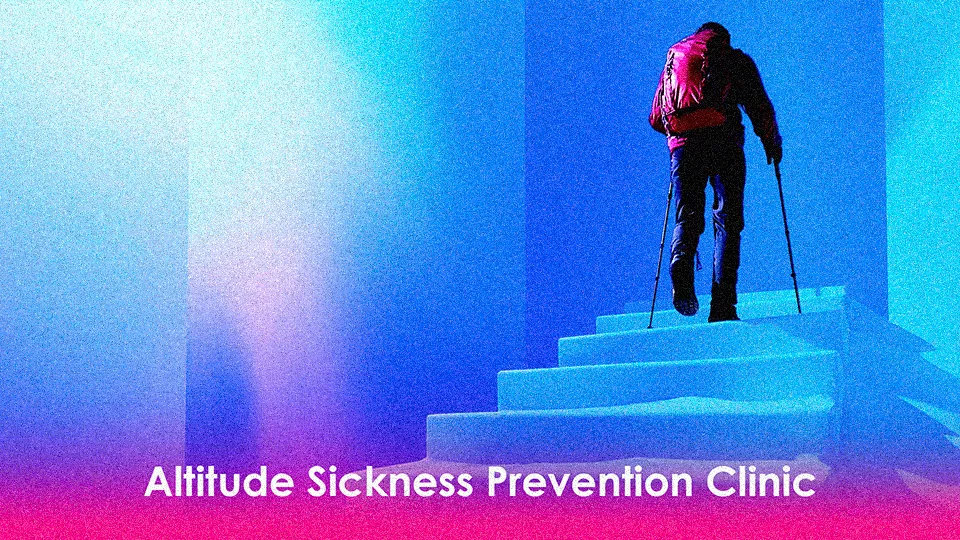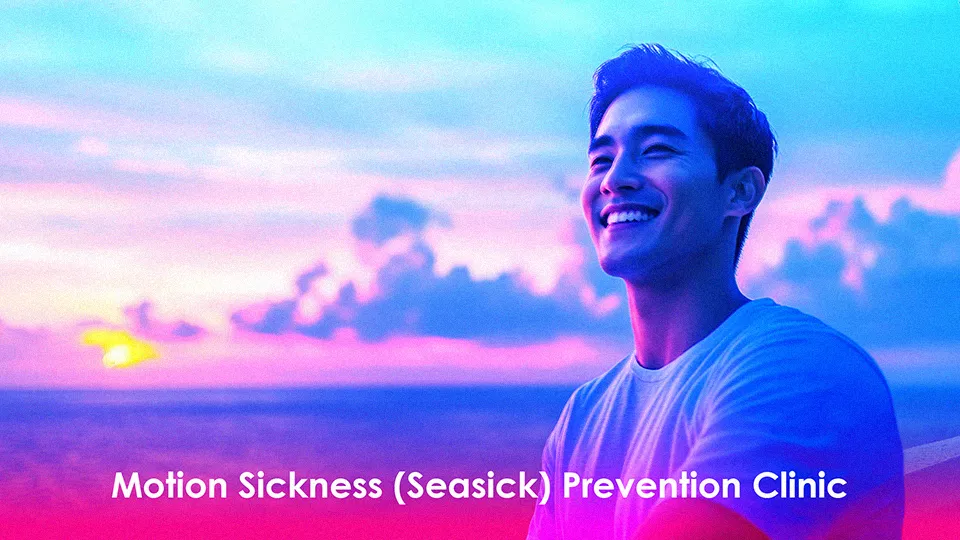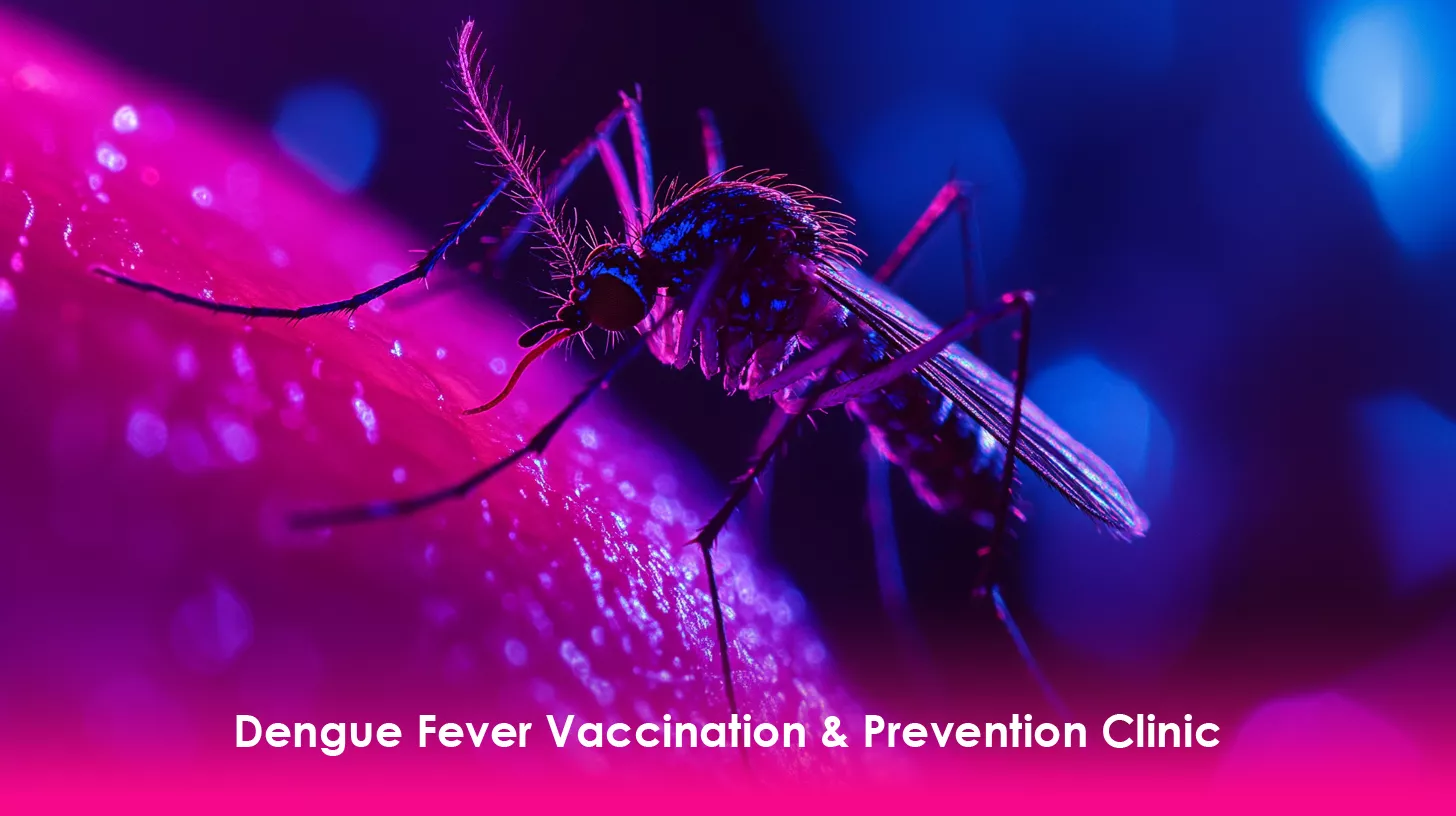Essential Medicines for Frequent Flyers
2716
Air travel, especially long-haul, impacts health. Pack essential medications and consult doctors if needed to ensure a safe, comfortable journey.

Essential Medications for Frequent Flyers
Air travel has become incredibly popular, but long-haul flights have also seen a rise in passenger illness, especially on international routes. While modern airplanes are equipped with advanced air circulation systems that refresh up to 50% of cabin air around 20–30 times per hour, they also utilise high-efficiency particulate air (HEPA) filters. Effectively trap dust, bacteria, fungi, and viruses. However, despite these measures, passengers with certain underlying health conditions may still face risks during extended flights.
Nowadays, modern airplanes are typically equipped with high-efficiency particulate air (HEPA) filters. However, other factors can impact individuals with underlying health conditions during flights. According to a WHO study, the risk of deep vein thrombosis (DVT) increases by 2–3 times after flights lasting over 4 hours. Can pregnant women fly? Along with individuals with medical conditions, pregnant women, young infants, and recent divers should exercise caution when travelling by air.
If you need medications while travelling, feel free to contact us!
🆘 Please email our online pharmacy service at pulseliving@pulse-clinic.com or chat on your preferred platform.
![]() +66-84-226-2569
+66-84-226-2569  @PulseRx
@PulseRx ![]() PulseClinic
PulseClinic
First Aid Supplies and Essentials
Every adventure or journey comes with its own set of risks, which is why it’s essential to assemble a DIY first aid kit for minor injuries. If these basic supplies aren't adequate, seek professional medical assistance promptly.
Antiseptics and Antibiotics: If you find yourself in need of treatment for a scraped knee or a small cut, apply an antibiotic ointment like Neosporin or an antiseptic wash such as Dettol to reduce the risk of infection. Follow this up with an iodine spray to disinfect the wound.
Bandages and Plasters: Opt for waterproof versions of both bandages and plasters to ensure that showering after an injury won’t be a challenge.
Eye Drops: Lubricating eye drops can relieve soreness or irritation from long flights, insufficient sleep, or airborne dust. Be sure to choose the appropriate eye drops, particularly if you wear contact lenses.
Sunscreen: Sunscreen is crucial for beach trips and when travelling under intense sunlight. Always pack a broad-spectrum, water-resistant sunscreen with at least SPF 50.

Essential Medications
Getting medical help in a foreign country can be intimidating due to unfamiliarity and potential language barriers. Ensure you carry some over-the-counter medications to self-treat if necessary. When unsure, consult your doctor or pharmacist.
Anti-Diarrheal Medication
Do you enjoy street food? Avoid food poisoning by bringing along some anti-diarrhoeal medication in case you experience travellers' arrhea. This common issue can often be addressed easily with over-the-counter remedies like charcoal preparations, diphenoxylate, or loperamide, along with rest and hydration.
Antihistamines
Don’t let allergies spoil your vacation. Bringing antihistamines such as Benadryl or Claritin can help prevent sneezing fits or watery eyes from interfering with your day of exploration. Note that Benadryl may cause drowsiness.
Electrolyte Packs
Electrolyte sachets are helpful for replenishing lost fluids and salts, making them particularly beneficial for those engaging in outdoor adventures.
Mild Laxatives/Probiotics
Conversely, you might experience constipation due to sudden dietary changes and routine shifts. Mild laxatives like Dulcolax and probiotics can aid in improving your digestive health.
Motion Sickness Tablets
Travellers often spend extended periods on planes, boats, trains, and buses. Motion sickness medications like Dramamine can help alleviate nausea and headaches.
Pain Relief
Carry Tylenol or Paracetamol for relief from body aches, headaches, or mild fevers. For specific physical discomforts, such as cramps or ankle pain, consider bringing Ibuprofen instead. Always adhere to the recommended dosage!

Conditions that may worsen due to long haul flights?
Infectious Diseases
Due to the highly contagious nature of infectious diseases, air travel is generally not permitted for affected individuals. Infections can easily spread among passengers in close proximity, often through coughing, sneezing, or physical contact. To minimize the risk of transmission, patients should postpone travel until they have fully recovered from their illness.
Hypertension
Individuals with hypertension can fly as long as their condition is well-managed with medication. It's essential to prepare any necessary medications ahead of time for air travel.
Factors That Can Influence Illness During Long-Haul Flights
Long-haul flights can impact health due to various factors, including decreased oxygen levels, changes in barometric pressure, low cabin humidity, reduced mobility, and the body's response to air travel. These conditions can exacerbate pre-existing health issues, leading to symptoms such as hypoxia, trapped gas discomfort, and dehydration. Additionally, passengers may experience air sickness and jet lag as they adjust to new time zones, further complicating their overall well-being during and after the flight.
Asthma
Severe asthma cases that are poorly controlled or patients recently discharged should avoid flying. However, individuals with less severe asthma who can carry their medication, particularly inhalers, can generally travel without issues.
Epilepsy
Individuals with epilepsy may experience an increased risk of seizures in low-oxygen situations or when facing fatigue, weakness, anxiety, or disrupted sleep patterns. Therefore, patients should consult their doctor to arrange appropriate medication and possibly adjust dosages for travel. It is advisable to wait at least one week after a seizure before flying.
Diabetes
While airplane cabin conditions are generally safe for diabetic patients, crossing time zones can disrupt meal and medication schedules. Diabetic travelers should communicate with the airline to arrange diabetic-friendly meals and carry necessary medications, including oral and intravenous treatments. It's recommended to stick to their pre-departure schedule and gradually adjust to the new time zone.
Hypoxia
When flying, the air density decreases, leading to lower oxygen levels in the blood. As a result, the body may struggle to deliver adequate oxygen to muscles, potentially causing symptoms like coughing, changes in skin color, and irregular breathing. However, at cruising altitudes of 30,000 feet, the cabin pressure is regulated to mimic the conditions at 5,000-8,000 feet, where oxygen levels are only about 15% lower than at sea level. This is generally safe for healthy individuals, but it can worsen symptoms in patients with conditions like heart disease, asthma, chronic obstructive pulmonary disease (COPD), anemia, and epilepsy.

Effect of Barometric Pressure Changes
As the plane ascends, the atmospheric pressure decreases, causing gases to expand, while during descent, the pressure increases and gases contract. These fluctuations can impact the body in various ways, such as:
- Trapped Gas: Gas trapped in areas like the middle ear, sinuses, stomach, intestines, teeth, and lungs can lead to discomfort, resulting in ear pain, sinus pressure, toothache, chest tightness, and abdominal distress.
- Evolved Gases: Gases dissolved in body fluids—mainly nitrogen—can form bubbles when the pressure drops during ascent, causing joint pain, chest discomfort, and potentially neurological symptoms.
Low Humidity
Airplane cabins typically have humidity levels below 20%, which is lower than the normal levels (over 30%) found on the ground. This low humidity can lead to dry skin and discomfort in the eyes, mouth, and nose, though it is not harmful. To mitigate these effects, using moisturizing lotion and saline nasal sprays is recommended. Wearing glasses instead of contact lenses can also help prevent eye irritation. While low humidity doesn't directly cause dehydration, it's wise to limit caffeine and alcohol intake during long flights due to their diuretic effects.
Decreased Mobility
Sitting for extended periods on an airplane can reduce circulation in the legs, leading to swollen feet. This decreased circulation may increase the risk of inflammation, aneurysms, and thrombosis.
Air Sickness
Air sickness occurs as a result of the body adjusting to flying, with symptoms varying from person to person depending on their familiarity with air travel.
Jet Lag
Jet lag is a collection of physiological symptoms resulting from disruption to the body's internal clock due to long-distance travel. It can cause digestive issues and impair gut function, leading to daytime fatigue, nighttime sleep difficulties, and reduced physical and mental performance. Jet lag typically diminishes as the body adapts to the new time zone.
Add us on Line and stay in touch.
IV Drip for Jet Lag
Jet lag is a common condition experienced by travellers who cross multiple time zones, resulting in symptoms such as fatigue, insomnia, and irritability. One emerging solution for alleviating these symptoms is the use of intravenous (IV) drips, which deliver fluids, vitamins, and minerals directly into the bloodstream. Here’s what you need to know about using IV drips for jet lag recovery.
How IV Drips Work for Jet Lag
- Hydration: Travelling, especially on long flights, can lead to dehydration. IV drips provide immediate rehydration, which can help improve overall well-being and energy levels.
- Vitamins and Minerals: Many IV drips are infused with vitamins such as B12 and C, electrolytes, and antioxidants. These nutrients can support your immune system, boost energy, and combat fatigue.
- Immediate Relief: Unlike oral supplements that take time to digest, IV drips allow for rapid absorption of fluids and nutrients, providing quicker relief from jet lag symptoms.
Benefits of IV Drips for Jet Lag
- Faster Recovery: IV therapy can help you recover from jet lag faster than traditional methods, as it addresses dehydration and nutrient depletion more effectively.
- Customised Treatments: Many clinics offer customisable IV drips tailored to your specific needs, including those focused on combating fatigue and enhancing energy levels.
- Convenience: With mobile IV therapy services becoming more popular, you can receive treatment in the comfort of your hotel room or even at the airport.
Vitamin Drip Process
- You can make an appointment for your convenience. Please specify your name, age, sex and type of service requested, and your prefered date and time.
- Counseling with qualified doctor, discuss risk and benefit of IV drip.
- Sign the informed consent.
- IV drip is given by qualified nurse. Doctor will complete your medical record.

PrEP and DoxyPEP for Travel, WHY?
PrEP (Pre-Exposure Prophylaxis) and DoxyPEP (Doxycycline Post-Exposure Prophylaxis) are medications used to prevent HIV and other sexually transmitted infections (STIs). Here’s why they are particularly important for travellers:
PrEP (Pre-Exposure Prophylaxis)
- HIV Prevention: PrEP is a daily medication that significantly reduces the risk of contracting HIV for individuals who are at high risk. This is crucial for travellers who may engage in sexual activities with new partners in unfamiliar locations.
- Safety in New Environments: While travelling, especially in regions with higher rates of HIV transmission, having access to PrEP can provide peace of mind and encourage safer sexual practices.
- Access to Healthcare: In some destinations, access to healthcare might be limited. Having PrEP on hand before travelling can ensure ongoing protection against HIV without relying on local resources.
DoxyPEP (Doxycycline Post-Exposure Prophylaxis)
- STI Prevention: DoxyPEP is an antibiotic taken after potential exposure to STIs, particularly chlamydia, gonorrhoea, and syphilis. It is effective in reducing the risk of these infections, which can be higher during travel.
- High-Risk Situations: Travellers may find themselves in high-risk situations, such as parties, festivals, or in regions where STIs are prevalent. Having DoxyPEP as a precaution can help prevent infections after potential exposures.
- Convenience: For travellers, especially those who may not have easy access to medical facilities, having DoxyPEP can be a practical way to manage and mitigate the risk of STIs while enjoying their trip.
Order Doxycyline & PrEP while your travelling!
For more information about the medication and ordering process, please contact our online pharmacy service at pulseliving@pulse-clinic.com or chat with us on your preferred platform.
![]() +66-84-226-2569
+66-84-226-2569  @pulserx
@pulserx ![]() PulseClinic
PulseClinic
Where Can I Buy Doxycyline as DoxyPEP for STI Prevention?
- If you are client of PULSE CLINIC, You can get Doxycycline from PULSE Pharmacy Online
- If you’re not an existing client at PULSE Clinic, you have a few options.
- Ask your primary care provider or sexual health care provider about Doxy PEP and if they can provide a prescription.
- Visit PULSE CLINIC anywhere in Thailand (Bangkok, Pattaya, Phuket, Chiang Mai),
Hong Kong, Singapore, Malaysia (Bukit Bintang, Bangsar, Penang), and the Philippines (Manila)
If you are travelling in Thailand and you are worried about where to get them, feel free to contact us at PULSE Clinic. There are so many branches in Thailand.

Travel Prep-Vaccinations and Travel Insurance
In addition to packing, it’s important to prepare ahead of your trip. Research potential health risks or disease hotspots before you travel; vaccinations can shield you from serious illnesses like polio, yellow fever, and malaria. Make sure to receive your vaccinations four to six weeks prior to departure. If you're heading to areas where malaria is common, consider discussing anti-malarial prophylaxis with your doctor.
Receiving medical care abroad can be costly, so it’s wise to compare travel insurance options that offer comprehensive coverage for such situations. Also, ensure you check the duration of coverage for your insurance upon your return home.
Conclusion
For frequent flyers, preparation is key to staying healthy on the go. By packing essential medications and hygiene products, you can ensure a smoother and more comfortable journey. Remember to consult your doctor for any prescription needs or if you have underlying health conditions that require special care during travel. Stay healthy, and happy flying!
PULSE Clinic, always here to help, not to judge!!
If you need medications while travelling, feel free to contact us!
🆘 Please email our online pharmacy service at pulseliving@pulse-clinic.com or chat on your preferred platform.
Chat with PULSE CLINIC ONLINE Department
Loading...
Clinic Locations
Loading...










